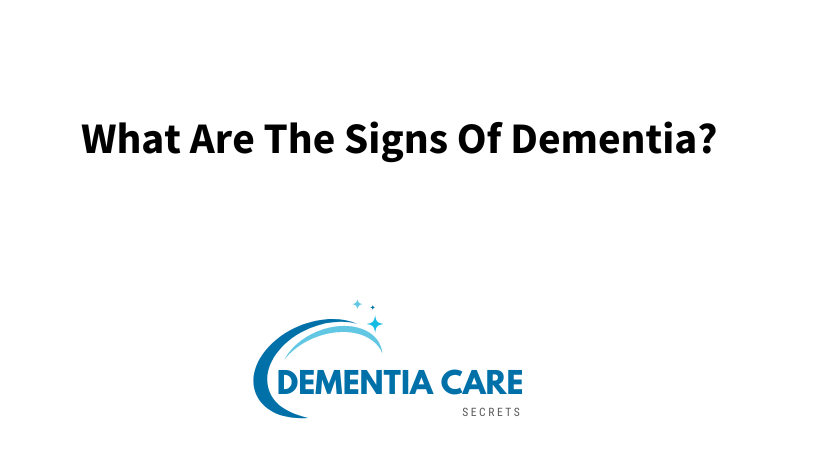What Are The Signs Of Dementia?

In this podcast episode, host Diane Carbo delves into the topic of dementia care, exploring its signs and symptoms. She emphasizes that dementia is not a normal part of aging and highlights its impact on memory, thinking, and social interactions. Carbo mentions that over a hundred types of dementia exist, with some being progressive and others reversible if caught early.
Memory loss is a primary indicator of dementia, and Carbo notes that the signs can appear as early as 20 years before an official diagnosis. However, she underscores that memory problems don't automatically signify dementia, as multitasking and stress can also lead to similar lapses. To receive a dementia diagnosis, individuals should experience at least two other impairments that hinder daily life.
Communication challenges are another common warning sign of dementia, stemming from brain damage affecting language control. Word-finding difficulties, confusion with language, and focus problems might occur. Carbo mentions that early diagnosis could offer treatment options to slow cognitive decline. She stresses that while forgetting everyday items or appointments can happen due to stress or distraction, a combination of several symptoms warrants concern.
Personality changes and emotional shifts like depression, anxiety, and listlessness can be indicative of dementia. Carbo provides examples of how such shifts manifest, citing cases of increased fear, anxiety, and resistance to change. Additionally, she discusses how repetitive behavior, poor judgment, and difficulty completing tasks can signal dementia's onset. Spatial disorientation, struggles with following conversations, and the inability to adjust to changes are also early symptoms.
Carbo concludes by urging listeners to seek medical evaluation if they or their loved ones exhibit signs of dementia. She recommends regular cognitive assessments such as the mini-mental status exam or the St. Louis University Mental Status exam to detect subtle cognitive changes and address them proactively. Early diagnosis and intervention, Carbo emphasizes, can significantly impact the course of progressive dementia.
You might also like this article:








